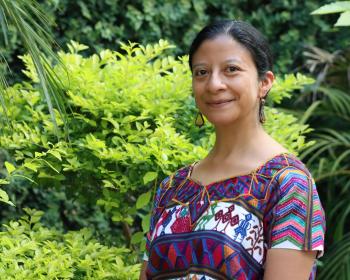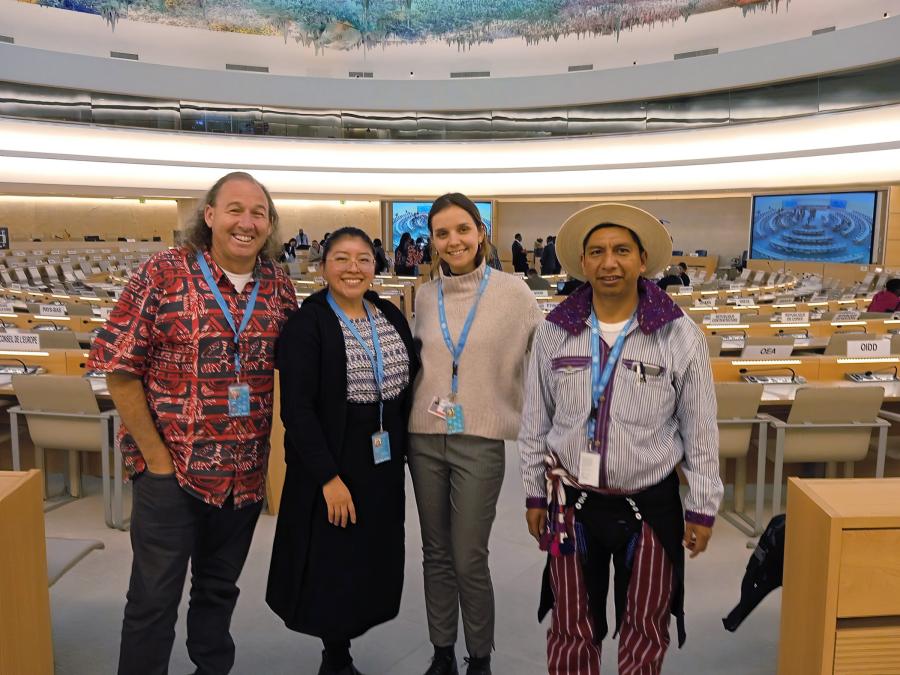
On March 22, 2011 Cultural Survival's Community Radio Project was featured in La Hora newspaper in Guatemala, regarding a new initiave to strengthen a group of elite 'pilot' radio stations. These stations are part of Cultural Survival's existing network of more than 200 community stations, but have emerged as leaders within the group. See more information on the pilot radio initiaive here.
Translated from original Spanish:
Forming a Network of Community Radio Stations
By Noé Ismalej
In order to strengthen the community radio initiative in Guatemala, the organization Cultural Survival, which works for the rights of Indigenous Peoples in the country, is supporting the formation and monitoring of a network of pilot community radio stations, made up of some 18 radio stations in eight departments.
Alberto Ramirez Recinos, from the radio association Mujb’ba’lyol, told Cerigua that these community media outlets have been identified because they encourage civic participation and produce and broadcast programs about human rights, gender equity, children and youth, and the environment, among other things. Out of this came the idea to make these stations stronger by creating a network of community radio stations that are committed to the country’s development.
This idea was shared between participants that have committed their continued support to help the stations better carry out their work on the construction and strengthening of participatory, democratic and more community-based communication, in return for bringing all the participating stations up to the same level of technology so they can work more effectively.
Meanwhile, César Gómez, of Cultural Survival, said that technical support will be provided; based on the results of the baseline survey being conducted, they will be able to spread the knowledge they have acquired and involve other media in the process, for the benefit of everyone.
The organization has been supporting community radio in Guatemala for five years now; they lobby nationally and internationally, putting pressure on the state to pass Bill 4087 and facilitating certain workshops, such as radio production and use of technology in their communities.
During the past 14 years, there have been advances in the stuggle for legal recognition; the organizations are already familiar with this issue of community radio, and this has served to raise awareness of those who were in disagreement with the stations; out of four initiatives presented in Congress, the last one received a favorable ruling, which signifies only one step in the process.
Finally, Julio Ismalej, participant, said that with the formation of this network the capacity of each station will increase, and that working together as a team community radio stations can benefit each local community, so most are willing to join forces in order to comply with the goal of the network.
Photo: Noé Ismalej interviews Alberto Recinos. March 19, 2011.


